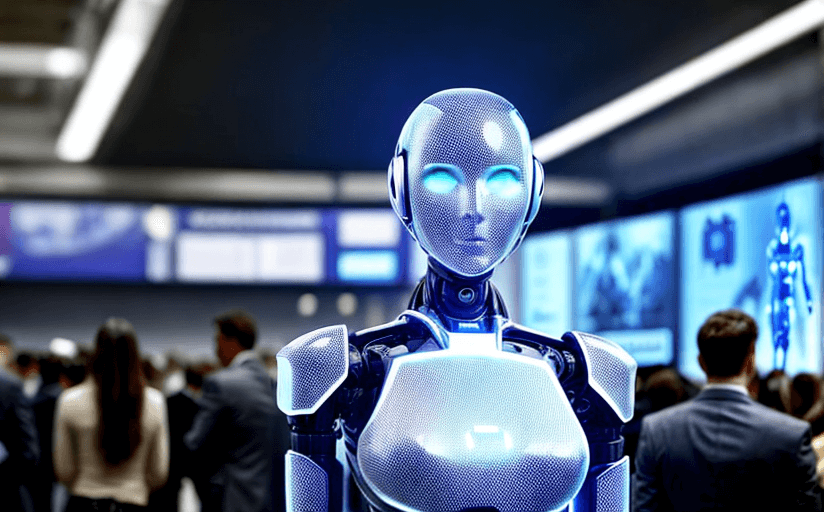Exploring the Potential Impact of Artificial Intelligence on Human Employment
As technology continues to evolve, Artificial Intelligence (AI) is becoming increasingly commonplace in the job market. AI technology has the potential to both complement and replace certain aspects of human labor, creating both opportunities and challenges for workers in the job market of the future. It is important to consider the potential implications of AI from an ethical standpoint, as well as the potential implications for social justice and economic inequality.
Complementing Human Labor
AI technology has the potential to complement certain aspects of human labor, potentially allowing humans to focus on other tasks. For example, AI can be used to automate certain processes, freeing up workers to focus on more creative tasks. AI can also be used to analyze large amounts of data, allowing for more accurate predictions and decisions.
Replacing Human Labor
AI technology can also replace certain aspects of human labor. As AI becomes increasingly sophisticated, it is possible that more complex tasks such as customer service or medical diagnosis could be automated. This could potentially lead to job displacement in certain fields, as AI technology is often cheaper and more efficient than human labor.
Preparing for the Job Market of the Future
In order to compete in the job market of the future, it is important for workers to focus on developing skills that are difficult to automate. This includes creative problem solving, communication, and interpersonal skills. Additionally, workers should focus on developing technical skills related to AI technology, in order to understand and work with the technology.
Ethical Implications
The use of AI technology has serious ethical implications, as it could potentially lead to job displacement and economic inequality. It is important to consider the potential effects of AI technology on society, and to ensure that the technology is used in an ethical and responsible manner. Additionally, it is important to ensure that workers are adequately compensated for their work, and that appropriate measures are taken to ensure job security.
Conclusion
As AI technology continues to evolve, it is important to consider the potential implications for human employment. It is possible that AI technology could both complement and replace certain aspects of human labor, creating both opportunities and challenges for workers. In order to compete in the job market of the future, it is important for workers to focus on developing skills that are difficult to automate, as well as technical skills related to AI technology. Additionally, it is important to consider the ethical implications of AI technology, and to ensure that the technology is used in an ethical and responsible manner.


















Comments
Leave a Comment